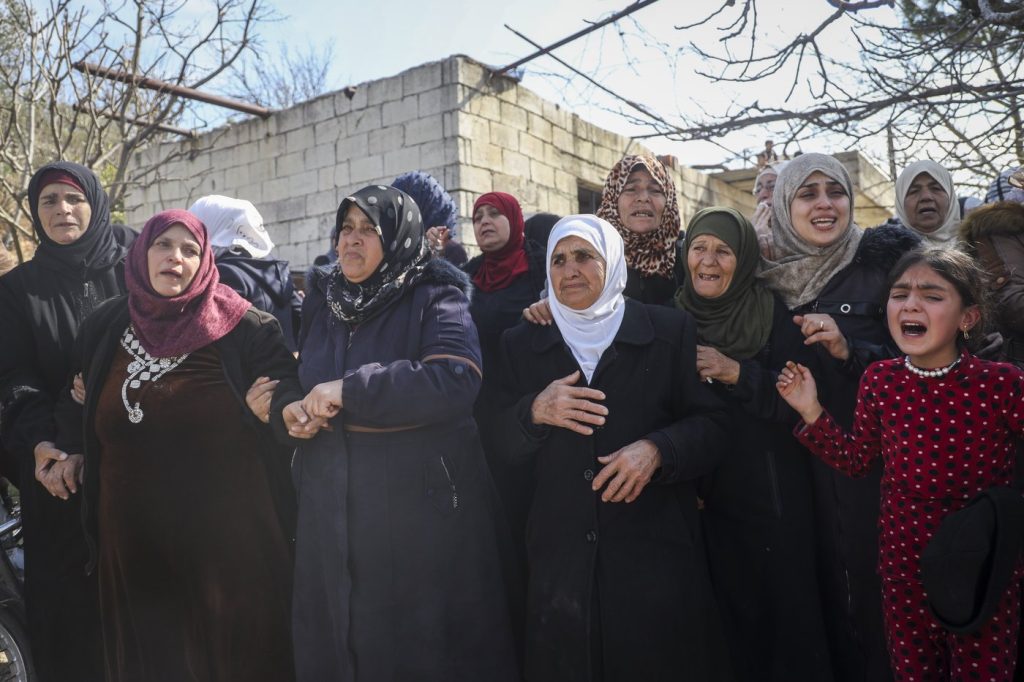An ambush on a Syrian security patrol by pro-Bashar Assad gunmen escalated into violent clashes, resulting in an estimated death toll of over 1,000 people within four days. This incident took place near the port city of Latakia and marks the most severe outbreak of violence in Syria since December 2024, when the Islamist group Hayat Tahrir al-Sham (HTS) successfully overthrew Assad.
The ambush reopened deep-seated wounds stemming from Syria's long-running civil war. The counteroffensive against pro-Assad forces, particularly in the predominantly Alawite coastal areas, triggered widespread chaos across several towns. Rights organizations documented numerous instances of revenge killings, with Sunni militants targeting Alawites irrespective of their involvement in the conflict.
The violence has been attributed to rising tensions following Assad's ousting and escalating sectarian violence against the Alawite community, which had dominated Syrian politics for over five decades. Despite promises from Syria's interim President Ahmad Al-Sharaa for a more inclusive political landscape representing all communities, sectarian violence remains rampant.
In their ambush, Assad loyalists overpowered government security forces and took control of Qardaha, Assad's hometown, prompting Damascus to deploy reinforcements. Colonel Hassan Abdel-Ghani of the Defense Ministry stated that control had been restored, but many civilians had already lost their lives amidst the escalating confrontations.
The majority of casualties are believed to be Alawite community members, particularly in Latakia and Tartous, with hundreds of civilians reported killed. The Alawite sect, an offshoot of Shia Islam, has historically been seen as the core support base for the Assad regime, leading to its targeting by various militant groups throughout the war. The Syrian Observatory for Human Rights reported 745 civilians among the dead, in addition to 125 government security personnel and 148 pro-Assad militants.
Reports of systematic killings and mass executions have surfaced, with accusations directed toward both security forces and loyalist groups. The violence has led to severe disruptions, including power outages and water shortages in affected areas.
Damascus has faced significant challenges in reestablishing trust with different factions within the country, including Kurdish authorities and the Druze minority. President Al-Sharaa has been active in seeking to persuade the international community to lift sanctions, hoping to revitalize the war-torn economy and improve the livelihoods of millions currently living in poverty. However, concerns persist that lifting sanctions prematurely could lead to a resurgence of autocratic rule before a stable political transition occurs.
In a recent address, U.S. Secretary of State Marco Rubio urged Syrian authorities to hold accountable those responsible for the ongoing violence. He emphasized support for Syria's diverse religious and ethnic groups, condemning human rights abuses that have been rampant during Assad's regime.










